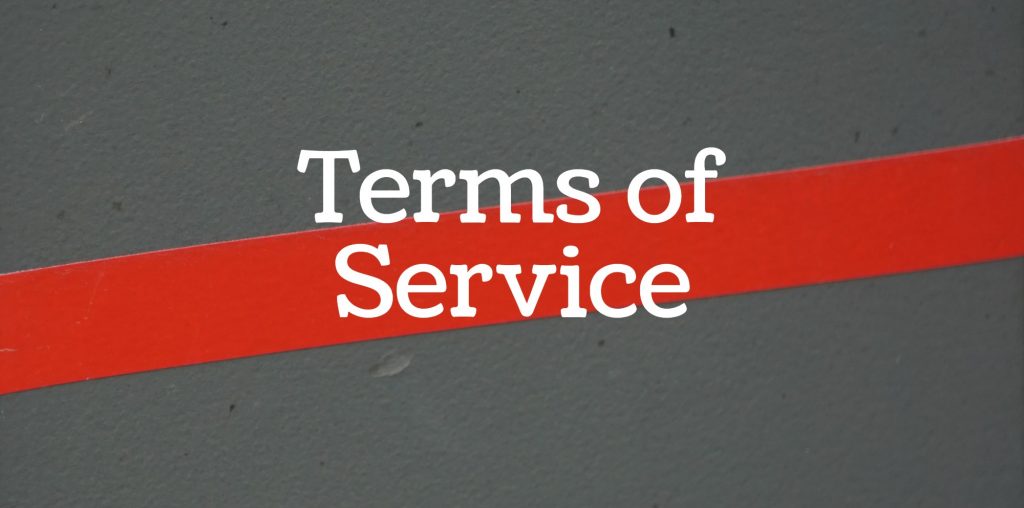
Plaintiff filed a lawsuit in federal court against car maker Hyundai alleging issues airsing from Hyundai’s Blue Link and connected services. Defendant Hyundai moved to compel arbitration and to stay the proceedings. The court granted the motion, finding that plaintiff and defendant had entered into a valid agreement to arbitrate such claims via a clickwrap agreement.
The court found there was unrebutted evidence that plaintiff assented to the terms of the “Connected Services Agreement” which contained an arbitration provision. He did so when he reactivated the services in 2021 and when he logged onto the mobile app. The court likewise found the clickwrap process to be proper because they “adequately communicate[d] all the terms and conditions of the agreement,” and “the circumstances support[ed] the assumption that the purchaser receive[d] reasonable notices of those terms”.
Plaintiff had argued that it was unfair and amounted to duress for him to be required to accept new terms for Hyundai’s Blue Link service years after the initial agreement, risking cancellation if not agreed to. However, the court rejected this argument because plaintiff failed to meet the “high standard” required for showing duress. Such a defense requires a showing that one is compelled to make a contract under a wrongful threat, removing free will. That was not the case here. Plaintiff had the option to reject Hyundai’s updated terms and conditions but chose to accept them, indicating the presence of free will in his decision-making process.
Tamburo v. Hyundai Motor America Corporation, 2024 WL 22230 (N.D. Ill. January 2, 2024)
See also: No contract formed via URL to terms and conditions in hard copy advertisement
